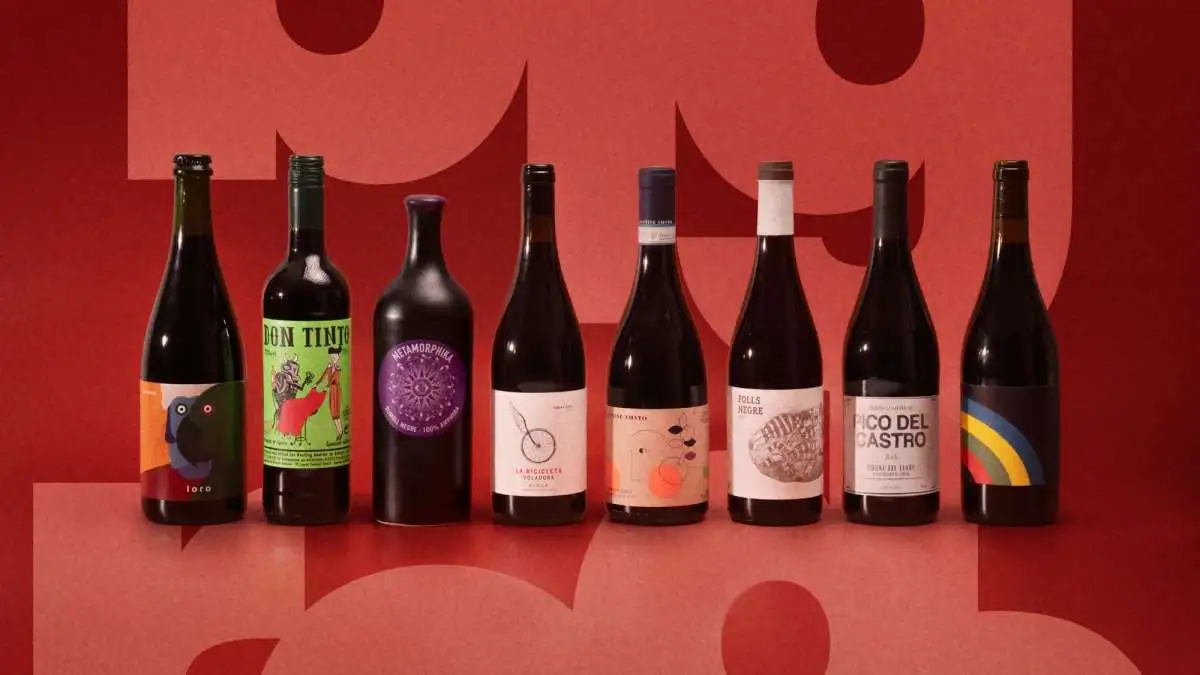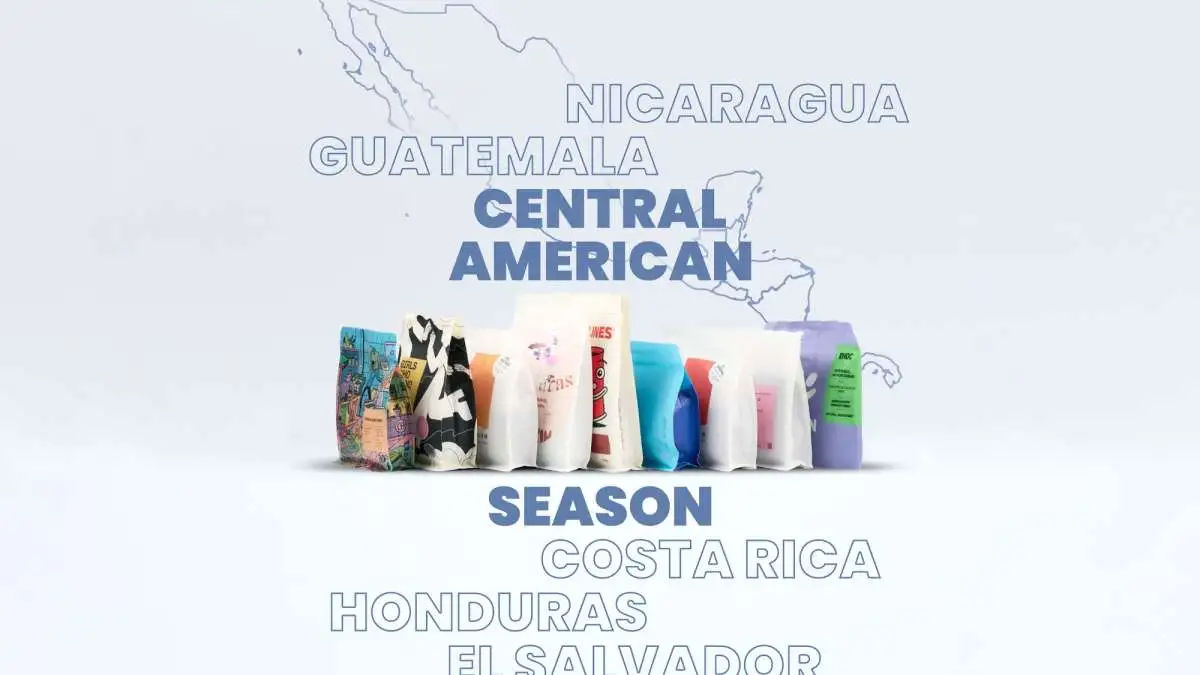What is Natural Wine? A drop Glossary of Terms

Read time: 5 minutes
Date published: 07 June 2022
Last updated: 28 November 2025
Natural Wine
Natural wine itself can be hard to define, natural means a lot of different things to different people and to make matters more complex - there is no regulated definition. In the most generalised approach, it is a wine with little to no intervention, produced on a smaller scale without chemicals during both the farming and fermentation process resulting in wines that are often cloudier, yeastier and just a bit different.
Natural wine is meant to be simple, not scary.
So while we’re definitely not sommeliers, we’ve put together a little glossary of the need-to-knows in natural wine.
Amphora
A large clay vessel used in the fermentation and ageing of wine. As a midpoint between steel and oak its porosity allows for some oxygen to reach the wine. An old-world method revived by natural wine’s interest in preserving traditional methods. Similarly, Qvevri (or Kvevri) are traditional, Ancient Georgian vessels, that have no base so are buried in the ground, keeping it upright and acting as natural temperature control.
Ancestral method
The oldest method of making sparkling wine, now adopted by many natural wine makers. Unlike in the traditional method (involved in the production of Champagne, Cava, etc.) primary fermentation is stopped before completing, and a secondary fermentation takes place in the bottle, there is no sugar added and the fermentation ends when the residual sugar is eaten by the yeast cells.
Biodynamic
A winemaking philosophy and method that aims to sustainably and ethically produce wine with the lowest intervention possible, eliminating all pesticides, fertilisers and additives while also considering its environmental impact on the entire ecosystem. Biodynamic producers may only use native grapes, allow animals to roam or use the lunar calendar and may or may not be certified biodynamic.
Carbonic Maceration
Takes place when whole bunches of grapes are sealed in a CO2 rich environment, allowing the majority of the juice to ferment while it is still inside the grape. This process results in minimal tannin extraction making for light and fruity red wines such as Gamay and Beaujolais.
Crunchy
Often used to describe wine with a lot of acidity or tannins that gives the wine a textural quality. The sort of crunch you get taking a big bite of a green apple or walking on fresh snow.
Funky
Possibly the most used buzzword in natural wine. Really just a broad descriptor for the hard to pin-down unique qualities— flavour, smell or colour — of natural wine resulting from the natural fermentation process.
Indigenous/ Native grapes
The use of these grapes is considered key to the future of sustainability in winemaking, as well as in preventing the extinction of grape varietals. Many producers believe that growing grapes in the soil in which they naturally grow, produces the most harmonious wine.
Minerality
Associated with the taste or aroma of stones and rocks or a chalky sensation on the palate. Wine doesn’t necessarily take mineral flavours from the soil in which its grown, but can certainly still express environmental qualities in its pH levels that may explain comparisons to ‘licking wet limestone’.
Also check out Salinity.
Pet Nat
The short, trendy term for Pétillant-Naturel (natural sparkling wine), a catch all for sparkling wine made in the Ancestral Method. These sparklers have a softer bubbly texture.
Salinity
A fresh, citrus taste or aroma associated with wine grown in coastal regions and the presence of salt in the crisp sea air but also connected to the levels of acidity developed in the harvesting and fermentation of grapes. Very popular as food-pairing wines (Check out Ovum's Big Salt, this wine is a perfect summary of this!)
Sediment
The floaty bits at the bottom of your bottle made up of harmless dead yeast cells, salts, and grape skins leftover from the production of wine. Natural wine isn’t filtered or fined so these particles remain in the bottle.
Skin contact
Skin contact wines aka orange wines, aka amber wines, are white wines made like red wines: the grape juice stays in contact with the grape skins and ferments for a length of time resulting in a heavily tannic quality and often an orange hue.
Spontaneous/Wild Fermentation
Spontaneous fermentation happens when the maker leaves it up to wild yeast and bacteria, that may be on the grapes, or in the air, to begin the fermentation process. An experimental way of making that lets nature take over the process of winemaking.
(No/Low) Sulphur/ sulphites
Sulphites are added to wine as a stabiliser and preservative, preventing oxygen and the development of bacteria but is considered an unnatural addition in large dosages (sometimes all together by certain producers) and can cause undesirable tastes or aromas in wine.
Many natural wines therefore contain only “natural” sulphites produced by yeast during fermentation or none at all, which is the result of skilful and careful winemaking.
Tannins
Plant compounds that come from the skin, seeds and stems of grapes, and are released into the juice during fermentation. In the mouth tannins give a “grippy”, mouth-coating quality that is a key part of the structure of a wine.
Terroir
Pronounced "Ter-wah" is the sense of a place; climate, soils, terrain and overall environment - that can be tasted in a wine. Many natural winemakers seek to emphasise these characteristics to make wine with a distinct taste of its origins.
Unfiltered/ Unfined
Unfiltered wine does not go through a process of filtration or fining to remove leftover, often unwanted particles to clarify the final product. aka make it super clear and "no bits". Some commonly used fining agents (that react with particles to create a removable compound) used in this separation are gelatine, egg white and isinglass, so removing this step means that more of these wines are vegan.
Whole cluster fermentation
Rather than separating the fruit from the stems, whole cluster fermentation involves, simply, the crushing and fermenting of the whole grape bunch, stems and all. This method produces wines with a high tannin quality and sometimes more vegetal or spicy notes.
Zero/Zero
Natural wine taken to its extremes: nothing added, nothing taken away. That means no added yeasts or sulphur and no filtration.
We add to this natural wine glossary all time because that's half the fun of natural wine. We are all learning, all the time - together.
She’s a perfectly balanced mix of everything Christmas should be.
More from drop

13 February 2026

30 January 2026

21 January 2026

01 December 2025

15 October 2025

29 August 2025

16 May 2025

17 January 2025

